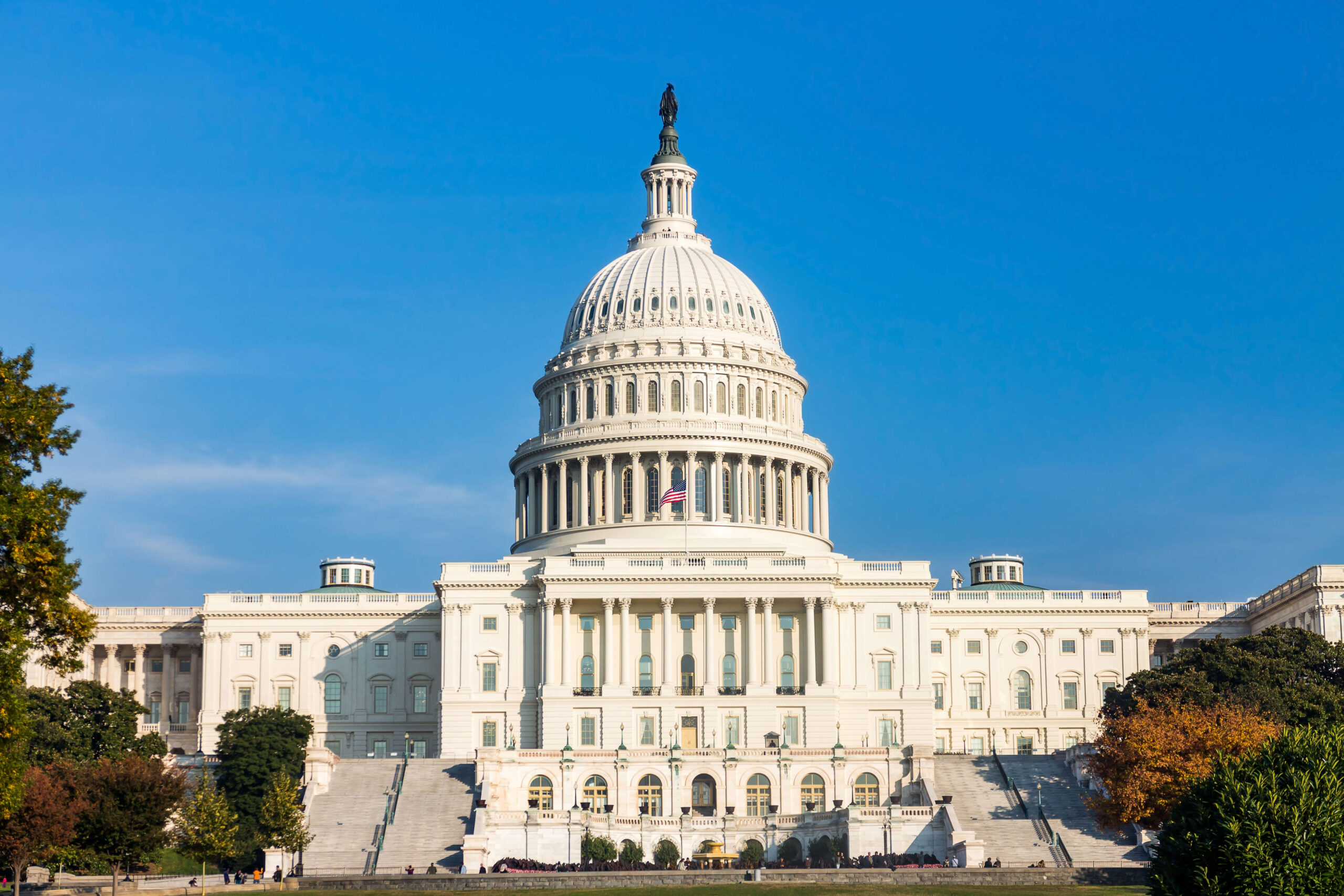A September to Remember? Congress will return next week after its August recess to begin a legislative sprint to the November elections. There will be only 15 scheduled legislative days when both the U.S. Senate and U.S. House of Representatives will be in session prior to the elections, and there will be a lot to do. Of course, crafting a new coronavirus relief package will be a priority, as well as funding the government beyond September 30, 2020 (likely by using a continuing resolution to postpone the funding debate until after the elections or even into 2021). Of significance to Buzz readers, sometime in September the House is expected to vote on the Pregnant Workers Fairness Act (H.R. 2694), which would require an employer to provide reasonable accommodation for pregnant workers with known limitations, unless doing so would result in undue hardship to the employer.
Independent Contractor Proposal Advances. On August 28, 2020, the U.S. Department of Labor’s (DOL) Wage and Hour Division (WHD) sent to the Office of Information and Regulatory Affairs (OIRA) its draft regulatory proposal “for determining independent contractor status under the Fair Labor Standards Act.” After OIRA completes its review, the proposal will be made available to the public for comment. The Trump administration undoubtedly would like to complete the rulemaking before the year is over so that the rule can become effective prior to a potential change in the administration. This will be a tall order given where we are in the calendar year and how much work goes into drafting a regulation. (The current overtime regulation, for example, took over two years to complete.) Of course, even if a final rule is completed it will be susceptible to challenge under the Congressional Review Act.
WHD Opinion Letters. On August 28, 2020, the WHD issued four new opinion letters. Two of the four opinion letters likely have the broadest applicability. The first of these concerns the proper reimbursement of hourly, nonexempt delivery drivers for expenses incurred while using their personal vehicles during the course of employment (think pizza delivery drivers or other food delivery drivers). William C. Ruggiero has the details on the second letter, which pertains to the fluctuating workweek.
IRS Issues Payroll Tax Deferral Guidance. On August 28, 2020, the Internal Revenue Service (IRS) issued guidance clarifying the president’s memorandum of August 8, 2020, deferring certain payroll taxes. Pursuant to the guidance, if an employer chooses to do so, it may defer the withholding and deposit of an employee’s portion of Social Security tax for employees earning less than $4,000 per biweekly pay period between September 1, 2020, and December 31, 2020. Notably, the employee’s portion of Social Security taxes deferred must eventually be repaid, and there is no indication that Congress is eager to forgive this tax liability. (Raiding the Social Security Trust Fund is a politically dangerous proposition.)
OFCCP Responds to Hurricane Laura. In response to the damage caused by Hurricane Laura, the Office of Federal Contract Compliance Programs (OFCCP) issued a national interest exemption from certain federal contracting requirements for new federal contracts to provide Hurricane Laura relief. The exemption covers contracts entered into from August 27, 2020, to November 27, 2020. Contractors covered under the exemption will still be subject to OFCCP’s nondiscrimination and nonretaliation requirements, but they will not be obligated to develop the affirmative action programs, prepare the reports, or provide the notices usually required under the regulations implementing Executive Order 11246, the Vietnam Era Veterans’ Readjustment Assistance Act, and the Rehabilitation Act of 1973. OFCCP also issued answers to a set of frequently asked questions regarding the Hurricane Laura National Interest Exemption.
New Guidance on Agency Enforcement. On August 31, 2020, OIRA issued a memorandum implementing Executive Order 13924, “Executive Order on Regulatory Relief to Support Economic Recovery.” The executive order and related guidance set forth best practices and recommendations for agencies to ensure fairness in administrative enforcement and adjudication. The memorandum contains 10 recommendations, including the following:
- “The Government should bear the burden of proving an alleged violation of law[.]” The memo reminds agencies that “members of the regulated public are not required to prove a negative to prevent liability and enforcement consequences in the absence of statutory standards requiring otherwise.”
- “Administrative enforcement should be prompt and fair.” The memo states that “[a]gency regulations should apply limiting principles to the duration of investigations,” and that “regulations should require investigating staff to either recommend or bring an enforcement action, or instead cease the investigation within a defined time period after its commencement absent a showing of unusual circumstances.”
- “Penalties should be proportionate, transparent, and imposed in adherence to consistent standards and only as authorized by law.” This best practice advises agencies, when imposing penalties, to consider regulated parties’ good faith efforts to comply with the law and recommends the establishment of policies to encourage voluntary self-reporting of regulatory violations by regulated parties in exchange for reductions or waivers of civil penalties.
Public Service. Seventy-five years ago this week, on September 2, 1945, World War II officially ended throughout the world when Japan formally surrendered. With the end of hostilities, many World War II veterans chose to continue their service to the United States as members of Congress. In fact, the 1946 midterm elections ushered into Congress 70 World War II veterans, including future U.S. presidents John F. Kennedy and Richard M. Nixon. All told, 115 World War II veterans ultimately served in the U.S. Senate. The last two World War II veterans serving in Congress, John D. Dingell Jr. (D-MI) and Ralph M. Hall (R-TX) retired in 2015, at the end of the 113th Congress. Dingell was the longest-serving member of Congress, having represented southeastern Michigan for more than 59 years (from December 13, 1955 to January 3, 2015).





